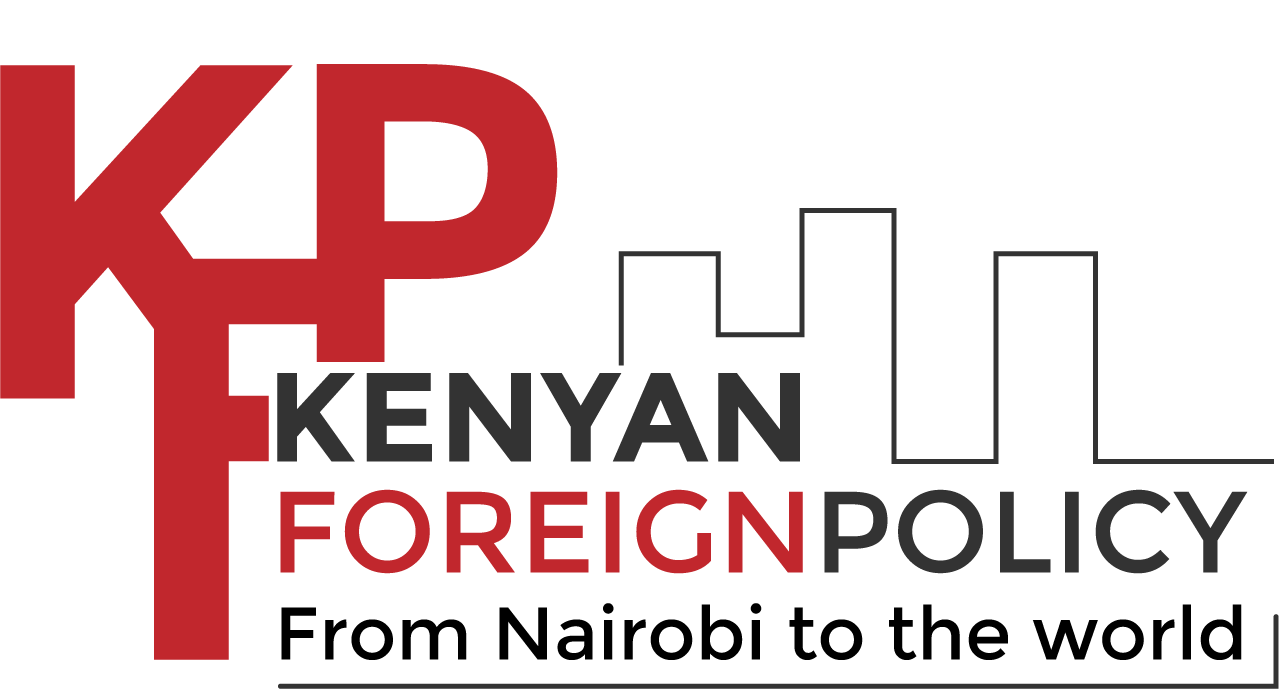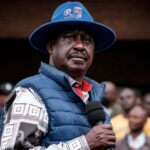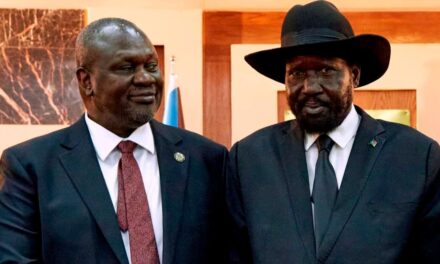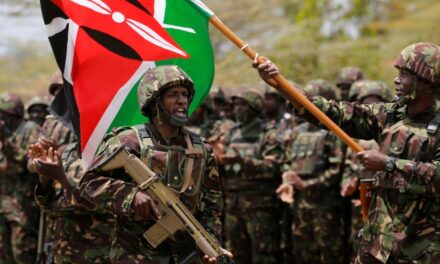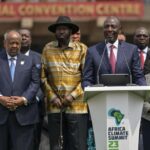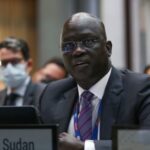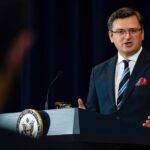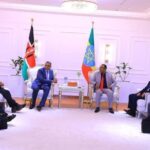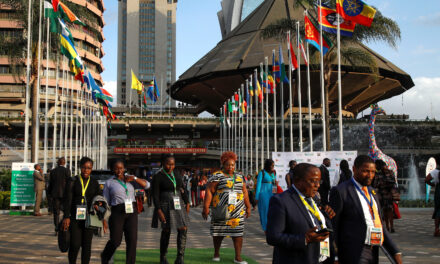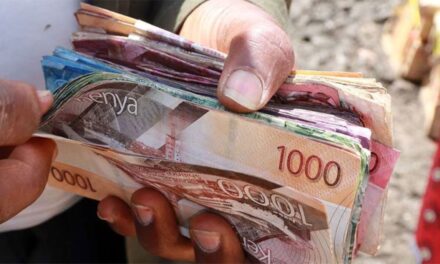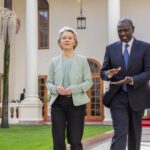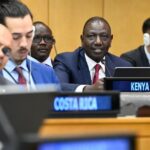
Only Russian Diplomat Condemned Racist Envoy; Which Countries were Present?
Posted by KFP Editor | Jun 12, 2023 | ACCOUNTABILITY


In the wake of the recent racist incident involving the Romanian ambassador’s derogatory remarks, the world has been watching closely for the response from the diplomatic community.
While the Russian Deputy Representative to International Organisations in Nairobi, Vladimir Lenev, took a commendable stance by reprimanding the ambassador and urging him to offer a public apology, the silence from the rest of the Eastern European representatives has been deafening.
“The representative of Romania has no right to make any statement on behalf of the Group of Eastern European States in this meeting,” complained Mr. Lenev according to sources.
Russia said its representative acted based on the country’s position of principle on zero-tolerance for racism and in strict compliance with UN ethics, as well as common decency.
No representative of other Eastern European countries spoke on this matter during the meeting.
This silence raises questions about their commitment to equality, diversity, and the fight against discrimination.
COUNTRIES PRESENT
Reliable Diplomatic sources informed Kenyan Foreign Policy that representatives from 21 member-states of the Eastern European group attended this meeting.
The Russian, Polish, Ukraine, Czech Republic, Serbia, Belarus, and Slovakian representatives, including the racist Romanian ambassador who was chairing were physically present while others joined virtually.
VIRTUAL ATTENDEES
Armenia, Azerbaijan, Bulgaria, Bosnia and Herzegovina.
Croatia, Estonia, Georgia, Latvia, Lithuania, Montenegro, North Macedonia, the Republic of Moldova, and Slovenia.
Hungary and Albania were not represented during this meeting.
When incidents of racism occur within diplomatic circles, it is expected that fellow diplomats would speak out against such behavior and demonstrate solidarity with the affected parties.
However, the lack of response from the Eastern European representatives on this matter is concerning. It not only sends a message of indifference but also raises doubts about their dedication to promoting inclusivity and combating racism.
One may wonder why the other Eastern European representatives have chosen to remain silent. Is it a reflection of their own attitudes toward issues of racial equality?
Or is there some hesitation to address the matter for fear of damaging diplomatic relations or facing internal backlash?
Without their voices and condemnation, it becomes increasingly difficult to understand where they stand on this crucial issue.
Diplomatic silence in the face of racism not only undermines the principles of equality and human rights but also erodes trust and respect within the international community.
Diplomats must take a firm stand against discriminatory behavior and foster an environment of inclusivity and respect.
To gain further insight, we reached out to representatives from several Eastern European countries for comments or statements on the matter.
However, our requests went unanswered, leaving us with more questions than answers.
This lack of transparency and willingness to engage in the dialogue is troubling, as it suggests a disregard for accountability and a failure to address an issue that has caused significant distress among the African diplomatic community.
The silence of the Eastern European representatives also highlights the need for greater introspection and self-reflection within the diplomatic community. Diplomats need to evaluate their attitudes, policies, and practices to ensure they are actively promoting diversity, inclusivity, and equality.
As the fallout from the racist incident continues to unfold, it becomes evident that addressing racism in diplomatic circles requires not only the condemnation of individual acts but also a collective effort to foster a culture of respect, understanding, and equality.
The silence of the Eastern European representatives in this matter raises important questions about their commitment to these values and calls for a closer examination of their stance on issues of racism and discrimination.
The world is watching, and diplomats from all regions must rise to the occasion, speak out against racism, and actively contribute to building a more inclusive and equitable global community.
Your support empowers us to deliver quality global journalism. Whether big or small, every contribution is valuable to our mission and readers.
